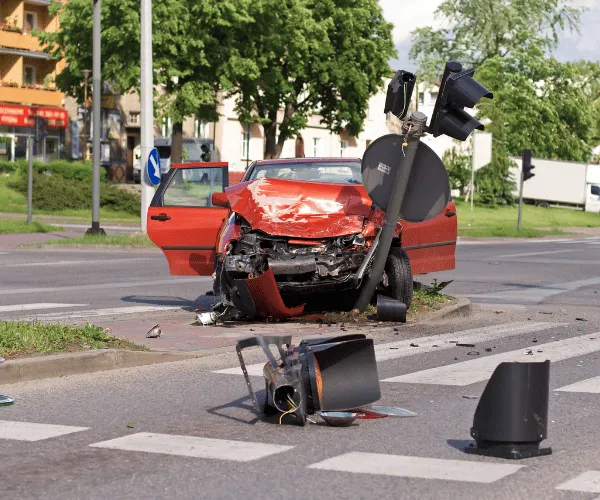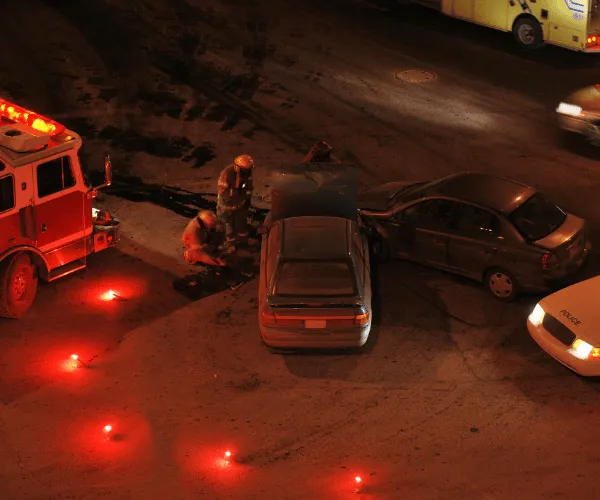Understand Your Legal Options After a West Virginia Car Accident
A serious crash can turn your life upside down in seconds. Whether you were injured on a mountain highway or a city street, knowing your rights is the first step toward recovery. This resource is designed to help West Virginians get informed about the legal process after a car accident—without the confusion or fine print.

What to Know After a Crash in West Virginia
If you’ve been in a car accident, you probably have more questions than answers. How long do you have to file a claim? Can the insurance company deny your case? What happens if you were partially at fault? This guide walks you through the basics so you can make informed decisions—starting now.
Insurance Company Tactics
Insurance adjusters are trained to reduce payouts. Learn how to recognize common strategies they use—and how to protect your rights.
Fault & Liability in WV
West Virginia follows a modified comparative fault rule. That means even if you were partially responsible, you might still be eligible for compensation.
Claim Deadlines
You don’t have forever to act. Missing key deadlines could mean losing your chance to recover damages altogether.
Car Accidents Are Common—But Your Recovery Shouldn’t Be Left to Chance
Every year, thousands of drivers in West Virginia are injured in collisions—many through no fault of their own. From high-speed wrecks on I-79 to quiet fender benders in residential neighborhoods, the aftermath often looks the same: medical bills, lost work, and unanswered questions.
But behind each crash is a legal story. Knowing how West Virginia law handles fault, insurance negotiations, and injury compensation can help you regain control after a sudden accident.


What the Law Says About Car Accidents in West Virginia
After a serious crash, most people don’t realize how much the law can actually help—or hurt—their case. In West Virginia, the legal system uses a rule called modified comparative negligence. That means you can still seek compensation even if you were partly at fault for the accident—just as long as you weren’t more than 50% responsible.
You may be entitled to more than just repair costs. Many drivers don’t know that damages can include medical expenses, lost wages, and even pain and suffering. But you have to act fast—West Virginia sets a two-year time limit from the date of your accident to file a claim. Wait too long, and your case could be dismissed before it even starts.
And if the other driver was uninsured? You may still have options through your own policy, but navigating those claims can be complicated. The more you understand now, the better prepared you’ll be to stand your ground later.
Legal Help for Car Accident Victims Across West Virginia
No matter where your crash happened—Charleston, Morgantown, Huntington, or somewhere in between—West Virginia drivers deserve clear answers after an accident. This site exists to help you understand your rights, your options, and how to take action.
If you’ve been injured in a wreck, don’t wait for the insurance company to call the shots. The sooner you know where you stand legally, the better.

